Pan and tilt
Here we have gathered the most common steps for troubleshooting our Pan and Tilt devices.
Shocks and vibrations are the main factors that can influence and affect the normal operation of the mechanical Pan and Tilt mechanism. The shocks and vibrations are seen mainly in installations with strong wind, heavy traffic vehicles, less stable mounts (inadequate mount poles).
These factors might affect the Axis cameras operations in the following ways:
The image is entirely shaking, this distorts the image heavily. The effect is more severe at higher zoom levels.
Possible Mitigation
A wavy image can be seen in some models using CMOS-sensors. The effect is caused by the rolling shutter. More detailed articles about the rolling shutter can be found on this external page. The effect is more severe in high zoom levels.
Possible Mitigation
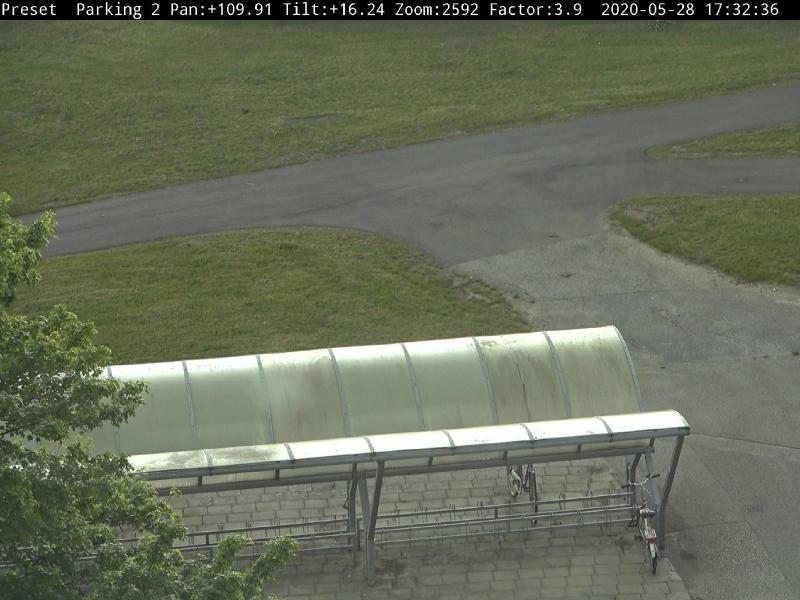
1.2.1 Position accuracy
The ability to move to a preset (pre-saved position) or desired position within the products position accuracy range. The accuracy range can be found in the respective product datasheets. Keep in mind that in high zoom levels the accuracy range can be quite noticeable in a scene.
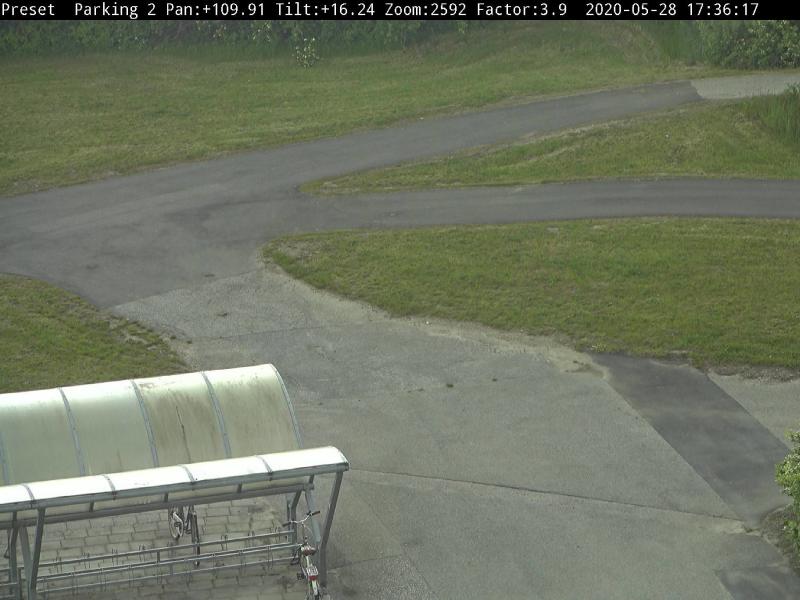
1.2.2 Physical device moves
Vibrations can cause the devices to move physically or the mechanics to shift slightly. This can affect the pre-saved positions such as presets and focus recall zones and 3D privacy masks. If the devices move physically this is often caused by an unstable mounting or installation. If the shift is caused by an unstable mount that leads to a physical move of the camera, the installation then needs to be stabilized and the positions recreated.
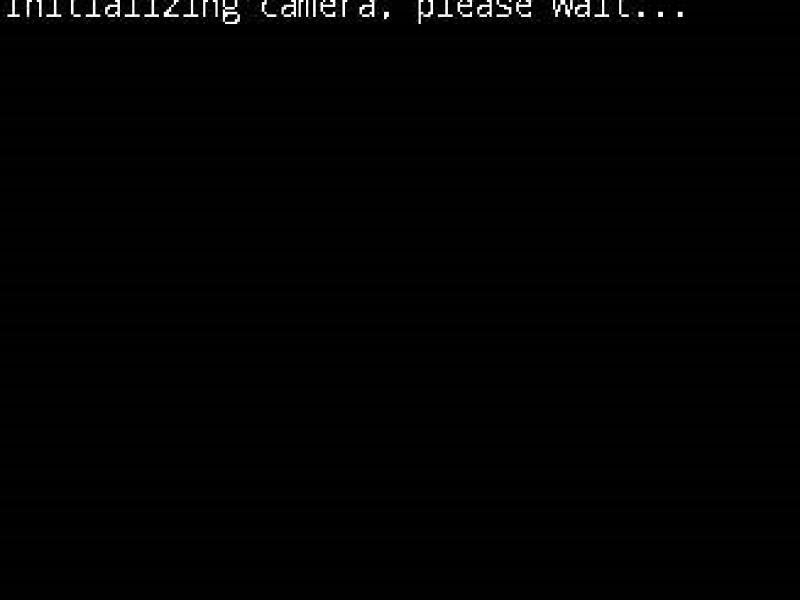
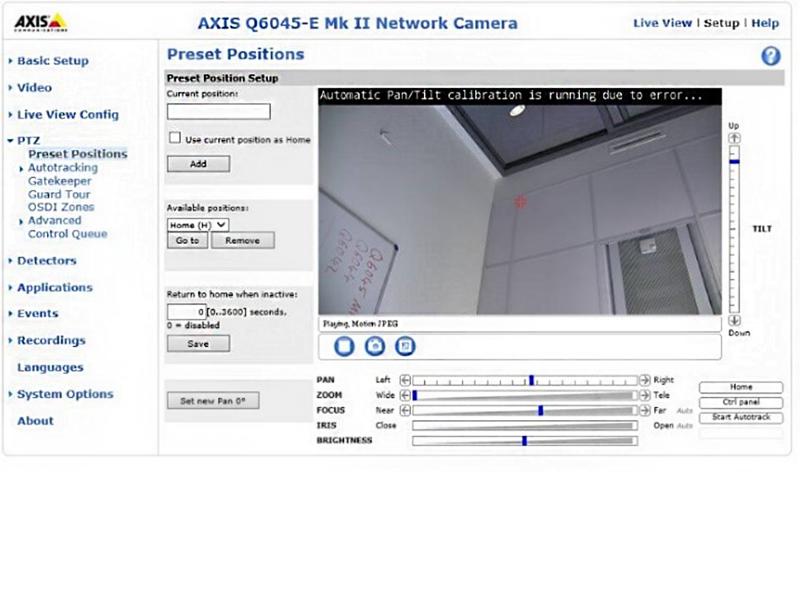
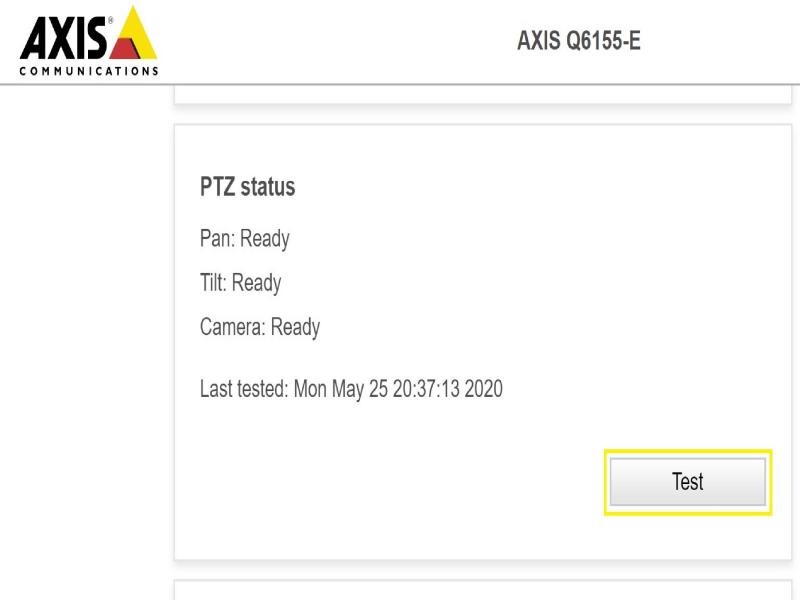
1.2.3 PTZ calibration
The shift might be caused as well by drifting mechanics. Different models have several ways to handle the drifting offset. In most cases this is handled automatically by the device itself during normal operation. When the calibration is finished the device will recover its initial position. If a correction of the drifting is happening a warning message can appear.
The autocalibration will happen during the bootup process but can also be launched manually in the camera WEB GUI > System Maintenance Section.
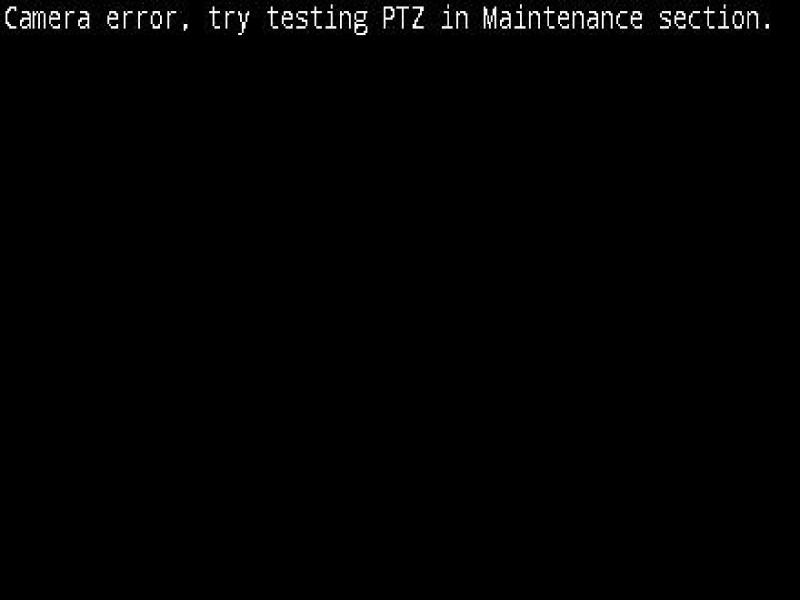
1.2.4 PTZ error
If the device detected the offset but still cannot correct it. An error message will be displayed indicating that the device has detected an error and it needs to be recalibrated.
The following are causes that may result in failing Pan and tilt calibration (correction).
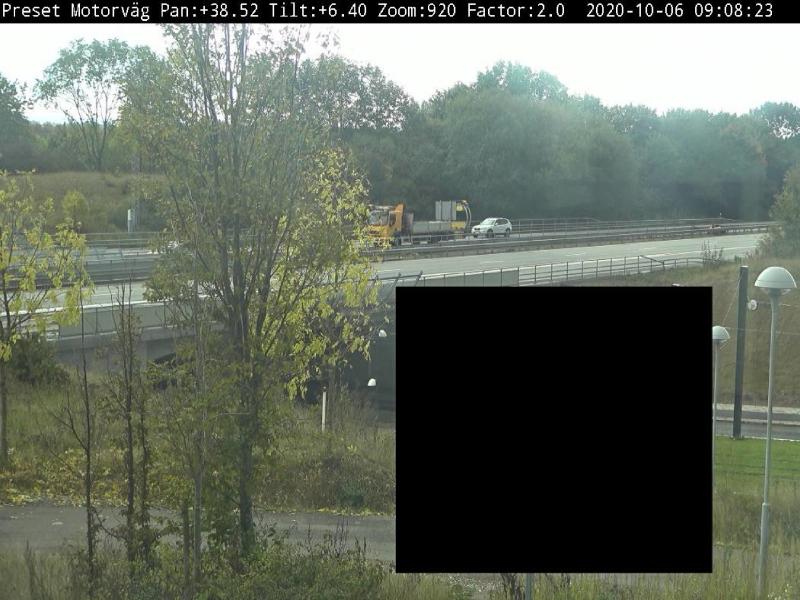
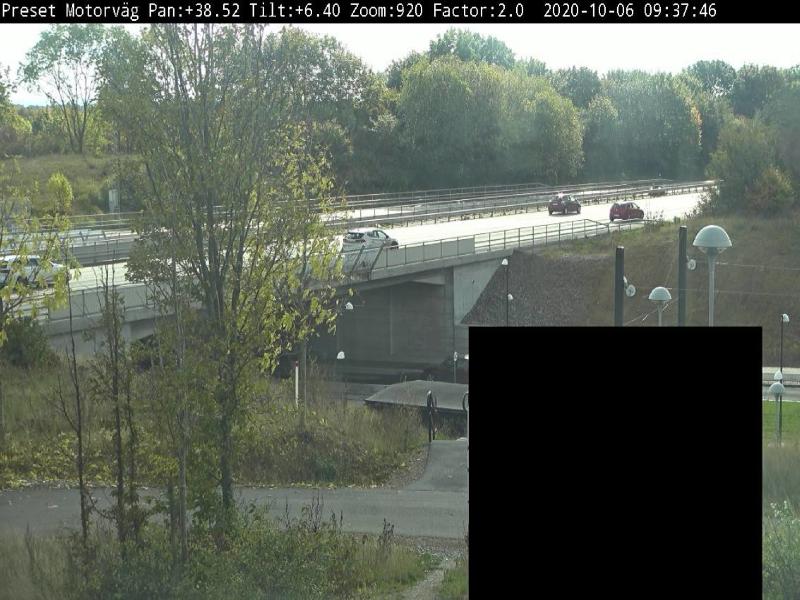
The 3D privacy masks rely on the cameras position accuracy. If the preset is drifted, there are high probabilities that the 3D privacy mask will be drifted as well. A pan and tilt calibration will help to correct the drifted masks.
Possible Mitigation
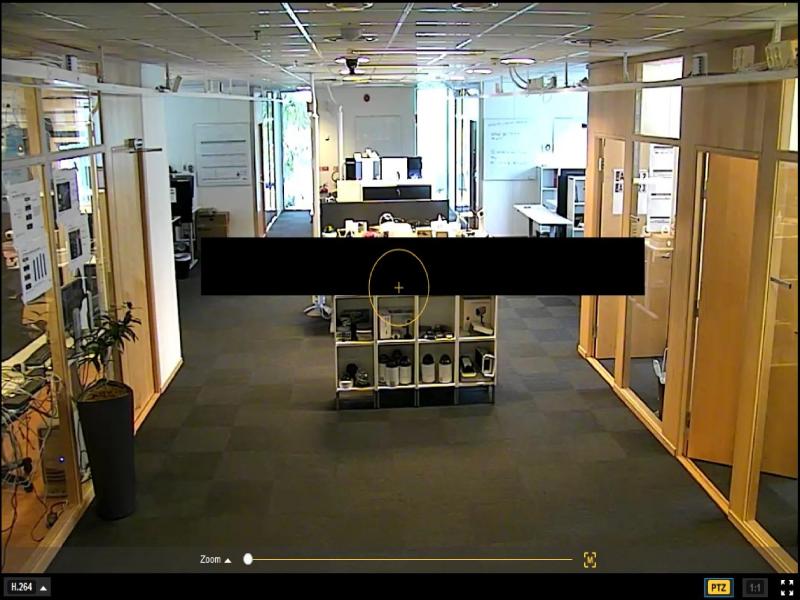
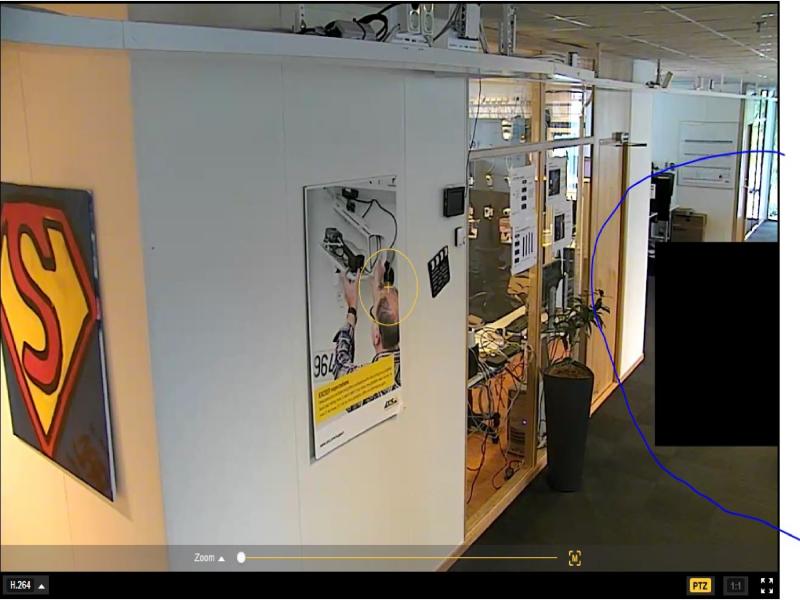
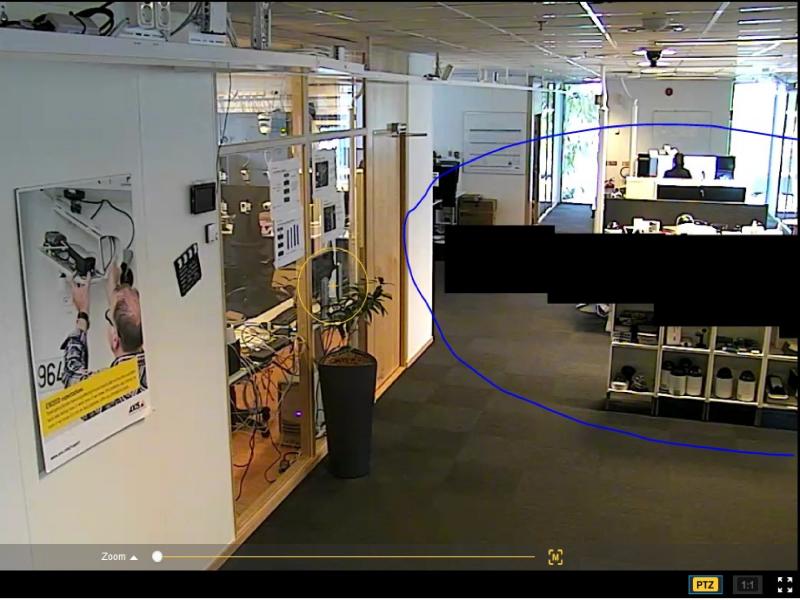
Depending on the shape of the mask, the mask grows during PTZ movements. This is due to the different perspective. The privacy mask can’t skew itself and will always stay straight. To maintain that, the privacy mask naturally needs to grow when shown from a different angle.
Possible mitigation
The technical support team needs pictures and recordings for a positioning drifting troubleshooting. In some situations, the behavior or the issue cannot be seen in the System logs.
Note: It is always important to test the devices on the latest firmware on an LTS track or Active Track if possible
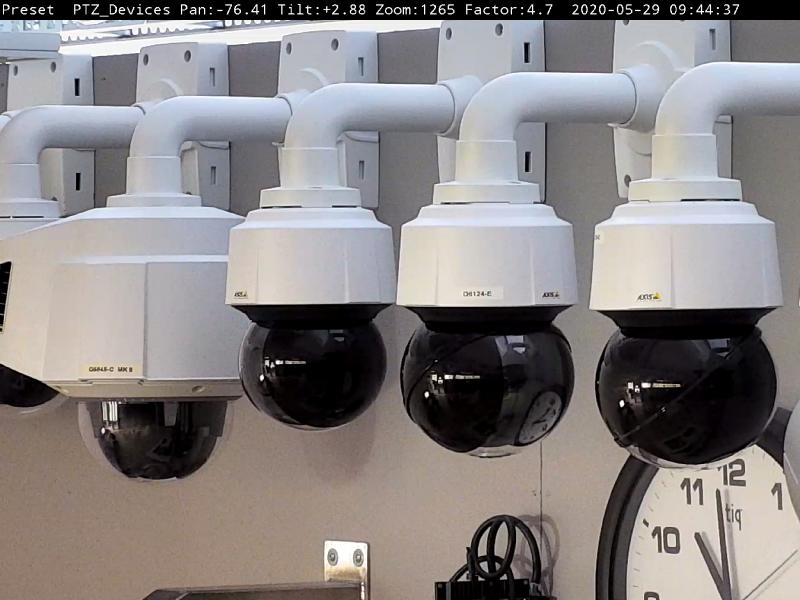
Note: Please do not forget to add the server report of the device!
Support tip: How to download a server report
The best way to troubleshoot a drifting position or 3D privacy mask is using fixed positions (the camera is not moving) such as presets and predefined masks on preset positions.
Note
Axis cameras will operate as intended if installed as specified by the Installation Guide. Generally, the dome of the device should be facing the ground when operating or testing the devices.
Please note that Axis does not take any responsibility for how the modification of the configuration described in this guide may affect your system. If the modification fails or if you get other unexpected results, you may have to restore the settings to default.
The guide does not cover all possible issues but rather the most seen through the support cases. As an Axis Customer you are always welcome to contact Axis Support whenever you need with any type of issues listed or not in this troubleshooting guide.